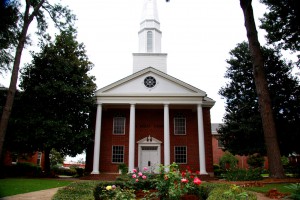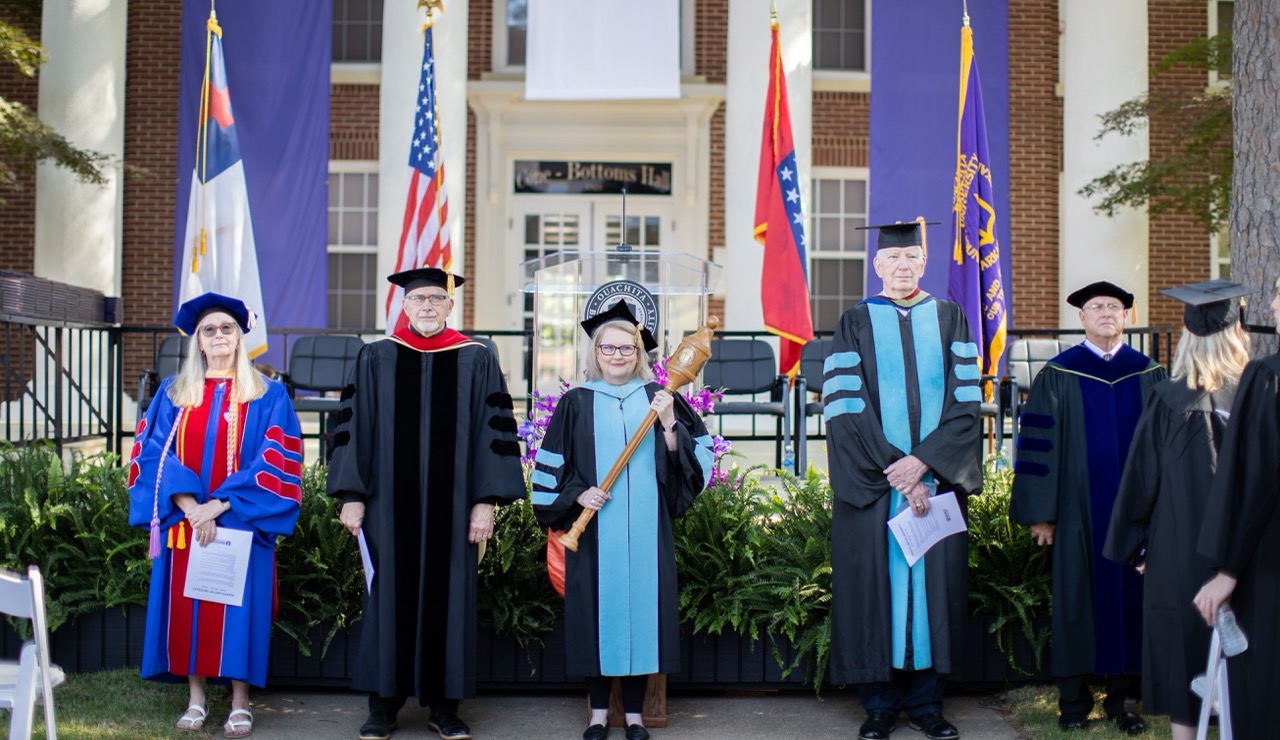What Am I Doing in College?
January 01, 2020
In 1939 C.S. Lewis addressed a group of university students faced with the difficult
task of studying in the midst of World War II—students who were probably asking themselves,
“How can I spend my time at school while there’s a war going on and my friends and
family are dying?”
Lewis addressed that question partly by recognizing that it’s similar to a question
Christians deal with whether in war or peace time:
Every Christian who comes to a university must at all times face a question compared with which the questions raised by the war are relatively unimportant. He must ask himself how it is right, or even psychologically possible, for creatures who are every moment advancing either to heaven or to hell, to spend any fraction of the little time allowed them in this world on such comparative trivialities as literature or art, mathematics or biology (“Learning in War-Time”).
Many of you will identify with Lewis’ scenario. You may be thinking right now: Couldn’t
God use me better on the mission field? Why am I studying grammar when people are
starving? Would my time be better spent combating one of the many evils in the world,
like human trafficking?

Of course a lot of students in the U.S. run the other direction and buy into the idea
that college is a break from accountability. For many it’s a guilt-free pause from
responsibility: four years to live for yourself without consequences! Why should I
worry about other people’s problems during the time of my life?
One answer to both of these perspectives (that college is an example of “fiddling
while Rome burns” or a self-centered break from the real world) is to recognize that
everything we do—small or big, in college or after—relates to God. God cares about
what you do with your time in school. There are no breaks from real life—it’s all life.
And, in regard specifically to Lewis’ talk during World War II, I think he would agree
that what you do is not more spiritual because it’s “radical” or less spiritual if
it appears ordinary. Radical is an adjective, not a virtue in and of itself.
It’s often through some of the most ordinary, daily, normal activities that God works.
Everything we do can be done “as if you were serving the Lord,” as Paul writes in
Ephesians 6 to slaves about their work.
This is not to say that we don’t need missionaries or that one type of education is
for everyone. As Lewis continues,
This does not, of course, mean that it is for anyone a mere toss-up whether he should sweep rooms or compose symphonies. A mole must dig to the glory of God and a cock must crow. We are members of one body, but differentiated members, each with his own vocation. A man's upbringing, his talents, his circumstances, are usually a tolerable index of his vocation. If our parents have sent us to Oxford, if our country allows us to remain there, this is prima facie evidence that the life which we, at any rate, can best lead to the glory of God at present is the learned life.
To borrow from Lewis, if you and your family have determined college is for you, if
God has led you to this spot and keeps you here, then the best way to serve “as to
the Lord” is to be a good steward where He has put you. Be a college student to the
glory of God. Love the people God has put around you. There is no shortage of opportunities
to love your neighbor while in college.
Our hope is that this little book of devotions for college students will get you started in the right direction of loving God and your neighbors during
your time at college. The habits that you begin to develop as the semester begins
will shape your time in college and beyond. And it’s our prayer that this book will
encourage you that God often works through the ordinary and routine to form extraordinary
followers of Christ.
--by James Taylor
You Also Might Like
Ouachita reports Spring '26 enrollment, led by 50% increase in graduate students
February 11, 2026Recent
Ouachita reports Spring '26 enrollment, led by 50% increase in graduate students
February 11, 2026



